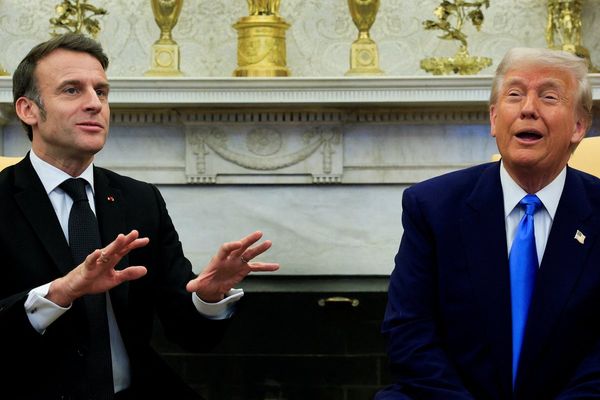
Australia has passed a landmark law banning social media for children under 16 following a Senate vote on Thursday.
The legislation, set to take effect in November 2025, will require platforms to implement age-verification measures, with companies facing fines of up to $50 million (£25.7 million) for non-compliance.
Prime Minister Anthony Albanese said the move aims to protect children from risks to their physical and mental health.
However, critics have raised concerns about the ban’s potential impact on children’s privacy and mental health. Senator David Shoebridge, from the minority Greens party, said mental health experts believed the ban could dangerously isolate many children who rely on social media for support.
This is not the first global attempt to restrict children's social media use, but Australia’s law set the highest age limit imposed by any country.
The bill passed the Senate by 34 votes to 19 late on Thursday and will now return to the House of Representatives to approve amendments before becoming law. These details will be clarified during a trial overseen by the Age Check Certification Scheme, a British consulting firm, which expects around 12 tech firms to participate and will provide recommendations by mid-2025.
Platforms will not be allowed to require users to provide government ID, such as passports or driver’s licenses, nor demand digital identification via a government system.
Proposed options include age estimation, where a user’s video selfie is biometrically analysed and then deleted, or age inference, where a user’s email address is cross-checked against other accounts.
Communications Minister Michelle Rowlands told parliament the ban was “not about government mandating any form of technology or demanding any personal information handed over to social media companies.”
Children who breach the rules are not expected to face any penalties.







